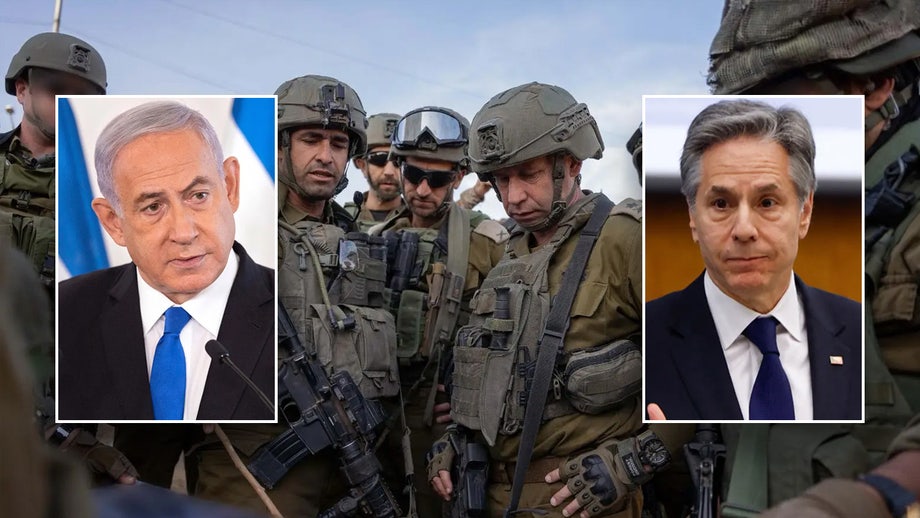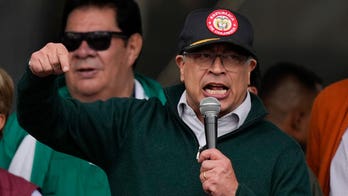Amidst ongoing security concerns in Jerusalem, high-level talks and military maneuvers indicate potential for broader conflict between Israel and Hezbollah.
The recent exchange of fire between the Israel Defense Forces (IDF) and Hezbollah has raised concerns over a potential escalation into a full-fledged war. While U.S. Chairman of the Joint Chiefs of Staff Gen. Charles Q. Brown Jr. has expressed cautious optimism that the threat of a large-scale conflict has subsided, statements from Jerusalem and Tehran suggest otherwise.
During a visit to Tel Aviv, Brown met with Israeli officials to discuss ongoing security issues. Just one day prior, the IDF and Hezbollah engaged in a heavy firefight, with Hezbollah firing hundreds of rockets and drones at northern Israeli military positions. Jerusalem responded with airstrikes on Hezbollah strongholds.

Tensions Rise in the Middle East as Israel and Hezbollah Exchange Fire
Despite the intense exchange, casualties were relatively low, with three Hezbollah militants and one Israeli soldier killed. However, Brown's cautious optimism stands in contrast to the rhetoric coming from Israel and Iran.
Iran's chief of staff of the armed forces, Maj. Gen. Mohammad Bagheri, warned of "inevitable revenge" following the death of Hamas leader Ismail Haniyeh, who was assassinated while visiting Tehran. Bagheri stated that Iran would decide when and how to retaliate.

Tensions Rise in the Middle East as Israel and Hezbollah Exchange Fire
Israel's Defense Minister Yoav Gallant echoed the heightened tensions, warning that "Iran's aggression has reached an all-time high." He emphasized the need for expanded joint defenses between Israel and the U.S. and stressed the threat posed by Iran's nuclear development ambitions.
Iran's supreme leader, Ayatollah Ali Khamenei, has also weighed in, saying there are no "barriers" to communicating with the "enemy," leaving some to speculate that Tehran may be considering re-engaging in nuclear talks with the West. However, Khamenei also warned that "the enemy" could not be trusted.

Tensions Rise in the Middle East as Israel and Hezbollah Exchange Fire
Talks with Iran over its nuclear program collapsed after the U.S. withdrew from the Joint Comprehensive Plan of Action (JCPOA) under the Trump administration in 2018. The U.N. nuclear watchdog, the International Atomic Energy Agency (IAEA), believes Iran is not currently in possession of nuclear weapons but has enriched uranium to levels just short of weapons-grade standards.
While a new deal with Iran appears unlikely, another "historic" deal may be on the horizon between the U.S. and Saudi Arabia, according to U.S. Ambassador to Saudi Arabia Michael Ratney. The agreement would encompass various issues, including bolstering the strategic partnership, enhancing military agreements, and strengthening economic ties.

Tensions Rise in the Middle East as Israel and Hezbollah Exchange Fire
Ratney also mentioned efforts to normalize ties between Saudi Arabia and Israel, which could potentially improve Israel's security position in the region. However, Israeli Prime Minister Benjamin Netanyahu has repeatedly opposed Palestinian statehood, a key element in the U.S. and Saudi Arabian vision for a two-state solution to the Israeli-Palestinian conflict.













